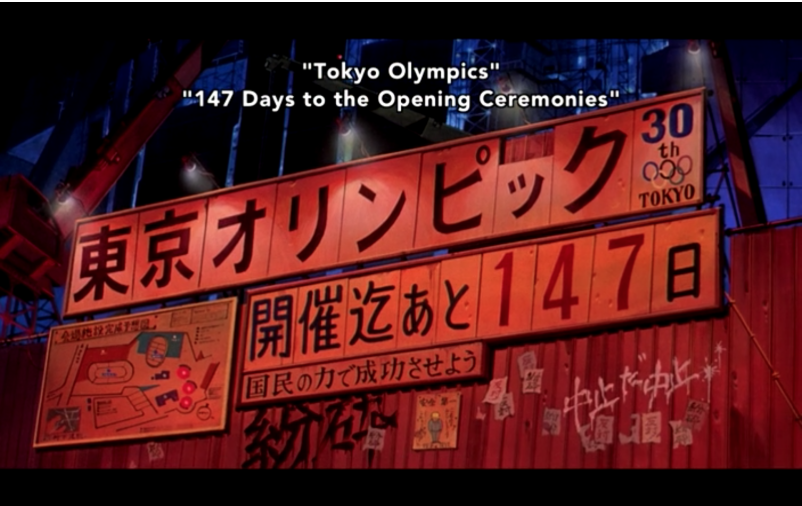

Our only agenda is to publish the truth so you can be an informed participant in democracy.
We need your help.


The coronavirus is a global pandemic, according to the World Health Organization. But it is not one that was predicted by the 1988 Japanese thriller "Akira."
A viral post circulating on Facebook claims that a conspiracy theory surrounds Katsuhiro Otomo’s 32-year-old animated film.
"‘Akira’ is a 1988 movie about an apocalyptic event taking place months before Tokyo 2020 Olympics, showing the WHO advising Japan to postpone the Olympics because of a pandemic risk," reads the first panel of the image.
The post, which had been shared more than 32,000 times as of March 11, makes it seem as though "Akira" predicted an outbreak like that of the coronavirus decades ago. But almost none of its claims are true.
Yes, in "Akira" the city of Neo Tokyo is scheduled to host the 2020 Olympic games. Neo Tokyo is the name of the city built after Tokyo was destroyed by a massive bomb in 1988 at the very beginning of the film.
At one point, a scene identifies that the Olympics’ Opening Ceremonies are 147 days away, but the Olympics are only mentioned a handful of times throughout the movie. In fact, the final battle takes place at the Olympic stadium, but the Olympics are not central to the plot of the film.

The film, which is available to watch on Hulu in both an English-dubbed version and a Japanese version with English subtitles, is an adaptation of Otomo’s popular comic book series. It tells the story of a teenage biker gang that roams the streets looking for trouble, until the group accidentally gets caught up in a secret government experiment that involves children with psychic abilities.
The plot is complex and culminates in an epic battle against an overwhelming energy force, but there is no outbreak of disease. The WHO was not present and not mentioned at any point in the film. The topic of canceling the Olympics was never discussed on screen, though when Mashable Southeast Asia looked into this conspiracy, they reported that some of the graffiti on the sign that counts down to the opening ceremonies reads, "Just cancel it," in Japanese.
Furthermore, the "apocalyptic event" the post seems to refer to occurs within the first two minutes of the film. A massive explosion destroys Tokyo, but this takes place in 1988 before the film jumps in time to 2019.
Our ruling
A social media post claims that the film "Akira" shows "the WHO advising Japan to postpone the Olympics because of a pandemic risk."
In the film, there is no outbreak of disease, the WHO never makes an appearance, and the Olympics aren’t canceled due to a pandemic risk. (It is also worth noting that the WHO has not advised Japan to cancel the 2020 Tokyo Olympics at this point.)
We rate this claim False.
New York Times, "This is a global pandemic, the W.H.O. says," March 11, 2020
Hulu, "Akira (dubbed)," watched March 10, 2020
New York Times, "A Tokyo of the Future In Vibrant Animation," Oct. 19, 1990
The Guardian, "Akira – review," June 23, 2011
Mashable South East Asia, "'Akira' predicted the COVID-19 outbreak before the 2020 Tokyo Olympics. A coincidence?" March 2, 2020
Washington Post, "Why the pioneering Japanese anime ‘Akira’ is still relevant 30 years later," July 13, 2018
CNBC, "WHO is advising Tokyo 2020 Olympics organizers as coronavirus spreads, official says," Feb. 27, 2020
In a world of wild talk and fake news, help us stand up for the facts.